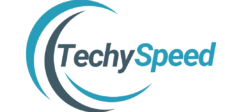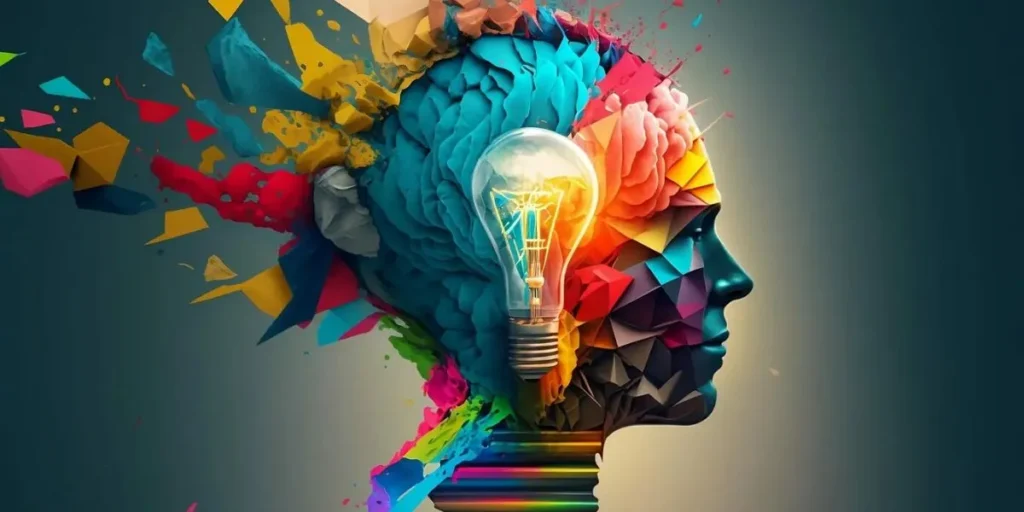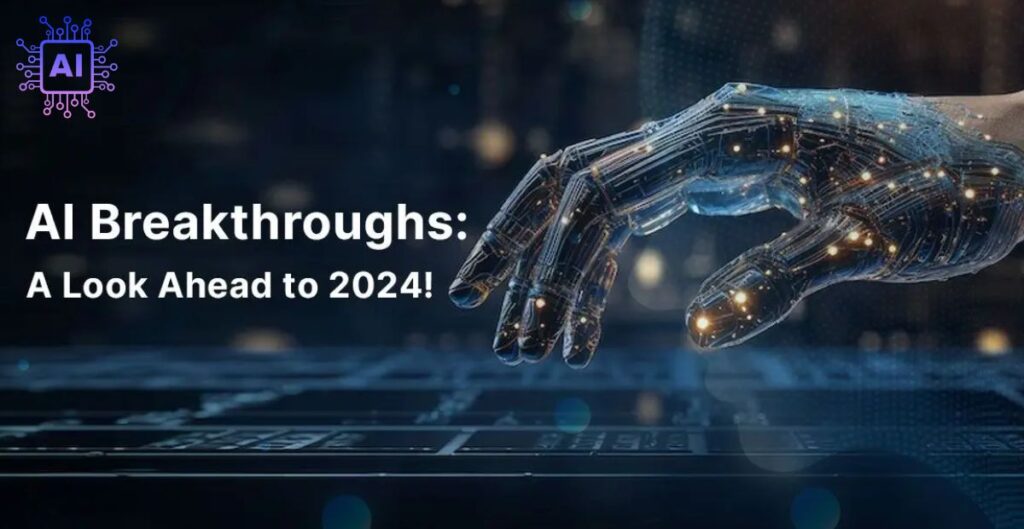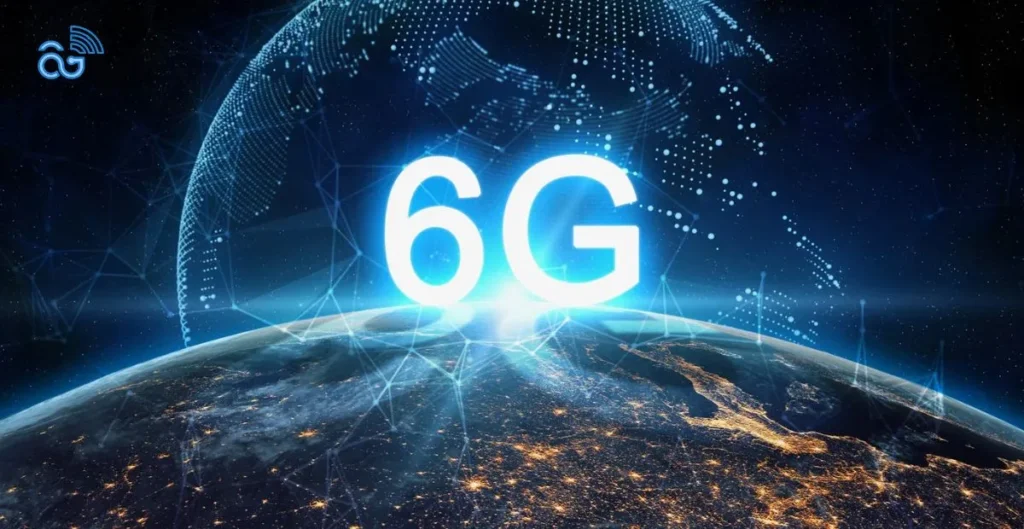Imagine a scenario in which machines are used to create art in addition to human artists. That is how AI generates images magically. However, as fascinating as this technology is, it also poses important queries. Is this how art will evolve going forward, or are we entering a moral minefield? We’ll explore the benefits and concerns of AI in the art industry in this blog.
What is AI Image Generation?
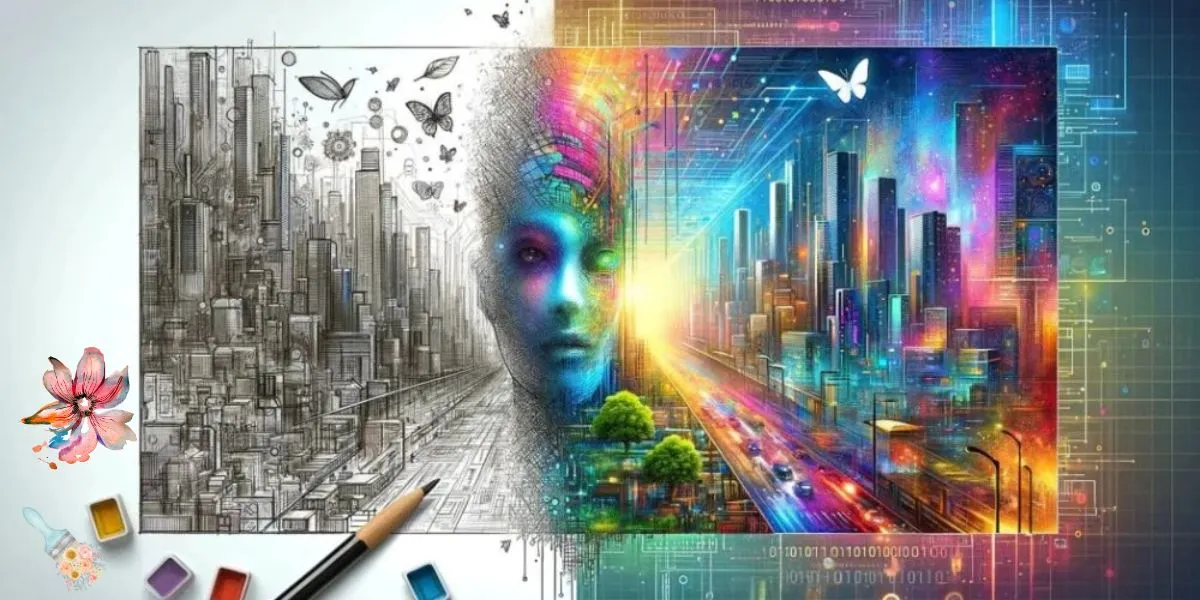
A phenomenon as interesting as AI image generation is the process by which computers can create artwork based on large data. These AI text generation and coding can generate beautiful visual art based on simple text prompts by DALL-E, MidJourney, Stable Diffusion, and many others. The following comes to pass: You type in “sunset over the mountains,” and in seconds, a beautiful, original image appears.
What makes this technology so revolutionary is that it democratizes art. You now no longer have to train for years to make something exceptionally beautiful; all you need is a computer, and everyone can be an artist. But it is this accessibility that will, more than anything, stretch the boundaries of the traditional artist.
The Future of Art with AI
AI is pushing the boundaries of what we even consider art. Artists are really taking advantage of those tools for the exploration of new styles and ideas that were never imaginable before. For example, it can blend different forms of art, like a photo to a painting, an abstract art from nothing.
This is not to replace human creativity but to enhance it. Imagine an artist working with a machine—a combination of your unique vision and the speed and accuracy that a machine provides—and you would create something that has never been done before.
Why Some People Are Against AI Art
AI Image Generationis accessible to make art now, so a person who does not have any skills in traditional arts can make great images, and that opens more room for diverse voices in arts.
Also, you can check the The Future Fuel Cafe (@FutureFuelCafe) latest post on Twitter-
Grok 2.0: The Game-Changing Update That’s Less Woke | Full Review
Grok 2.0 now allows for AI image generation, generates code, and generates better-nuanced answers that are “less woke,” which gives better-unbiased answers to which you can trust.
X AI Website:… pic.twitter.com/7ajaR3v3Ex
— The Future Fuel Cafe (@FutureFuelCafe) August 25, 2024
h2>Ethical Dilemmas in AI-Generated Art
There are, however, ethical issues regarding the said new world of AI art. One of the most significant questions relates to ownership: if an AI creates a piece of art, who owns it? Is it the programmer who created the AI, the user who gave the prompt, or the AI itself? This exact confusion has, however, led to court cases and constant debates.
Explore more with ‘Black Mirror’ creator says AI technology isn’t the problem: ‘It’s how you use it’
Why Some People Are Against AI Art
Another issue at stake here is authenticity. The work of art embedded in tradition contains the feelings, experiences, and souls of the artist, but can a machine devoid of all these human qualities produce something that is genuinely considered authentic? Some people insist that this means AI art is only a shallow imitation of human creativity.
Then, there is the matter of bias and representation. AI is trained on data, and if the data is biased, the art that is produced can be biased or inappropriate too. Such a situation will raise fairness and inclusivity questions in the realm of art.
But not everybody wants to cheer for the increasing application of AI in arts subsequently. It is argued that AI replacement may lower human labor, a demand factor for art. There is also a worry that too many AI-generated images might flood the market and make art seem less valuable or unique.
Ethical Debate: Is AI Art Morally Right?
The debate over the significance of AI Image Generation in art extends beyond technology considerations to values. Many regard AI as just another tool for creativity, an extension of a paintbrush or camera. These people make an argument that it is up to the artist how to practically employ whatever.
Others feel that the very practice of creating AI art is unethical, as human experience is lacking from an otherwise purist’s notion of the creation loop; they are worried it could devalue or diminish the value of traditional art and the communities within it.
Conclusion
As we curve through what’s next for the arts, the balance of innovation and ethics is perhaps more crucial than ever. AI image generation is opening up exciting possibilities—almost too great, as it collides headfirst with many of our conceptions of creativity and ownership. Opine. Share your thoughts and get into the discussion on this future course of art.
